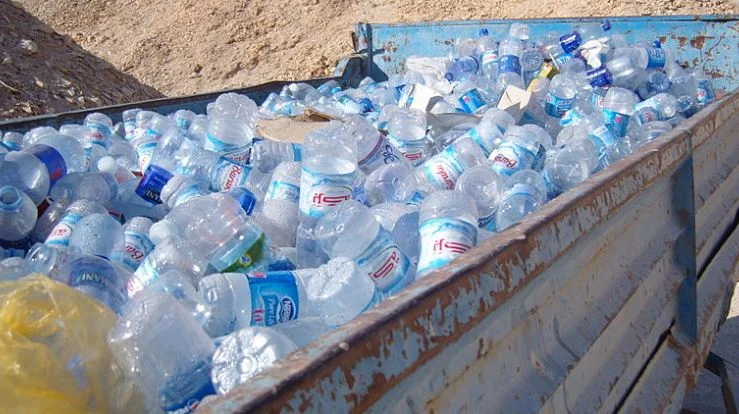The war on plastic has only just begun to feel like a war. After years of campaigning by environmental groups, we now have a clear enemy and we’re on a collective mission to overcome the plastic problem.
We know that many plastics take hundreds of years to decompose, but it’s only recently that the fight has started to make waves. And it’s the smaller groups, not the big hitters, that have led the way. South West cafe chain Boston Tea Party recently made headlines for banning single-use drinks cups, when the hot drinks trade accounts for 5% – or £1 million - of their annual turnover. It’s a bold move, but they’re confident it’ll pay off. With the press coverage the company has received after the announcement, appearing in the BBC Top 10 most read, it already seems like a smart move all round.
Boston Tea Party aren’t quite up there with the Costa Coffees and the Starbucks and the Caffe Neros but they have 21 busy cafes in South West England. In a post on their website explaining their decision, Boston Tea Party draws upon the example of Frank Water - a charity and also their bottled water supplier - who made the decision earlier this year to only sell water in glass bottles, not plastic. While the planet cheered, Frank Water’s profits slumped 35% overnight - so much so that Boston Tea Party felt compelled to switch to them as their supplier. Seeing this kind of collaboration is an example to us all – not only are these small companies taking risks, but they’re supporting each other in doing so, accepting responsibility on a scale unseen from the big names.
We've seen some action over the years. Starbucks have offered discount on coffee bought in a reusable cup for a long time, but 25p off your £3.95 Venti latte doesn't quite do the trick. Gestures that aren't backed by results are meaningless - and the pressure's now on to do something more decisive.
This isn’t to say change isn’t happening. It’s just to say that more change could be happening if we were prepared to take more risks. Because what’s more risky than continuing to pollute our oceans at the current rate? We’ve seen progress with talks of a plastic straw and plastic cotton bud ban, as well as a 5p levy on plastic bottles. The introduction of the 5p charge on plastic carrier bags in 2015 was successful in reducing our plastic bag consumption by 80%, and now taking your own bags to the supermarket is an accepted part of life.
Using our own coffee cups could become a habit if the big chains gave us the chance. We're all human, and often it's not until we're forced to make change that we do so.
People adapt, and habits are formed - often more quickly than we give ourselves credit.
If one relatively small business deems it a worthy move to ban something that contributes massively to its overall income, it’s about time the big players take more serious action.
Images taken from Wikimedia
By Earth Restoration Service Blog Writer Lydia Bower


